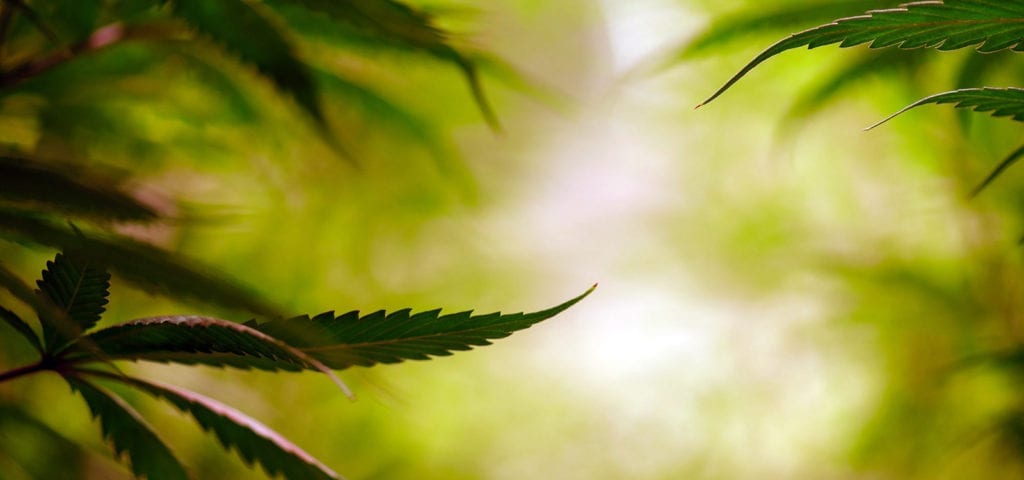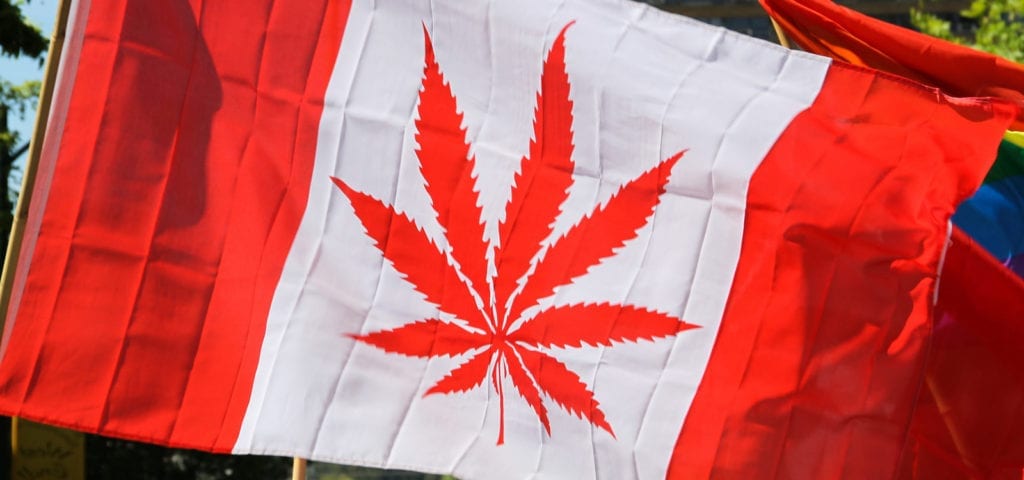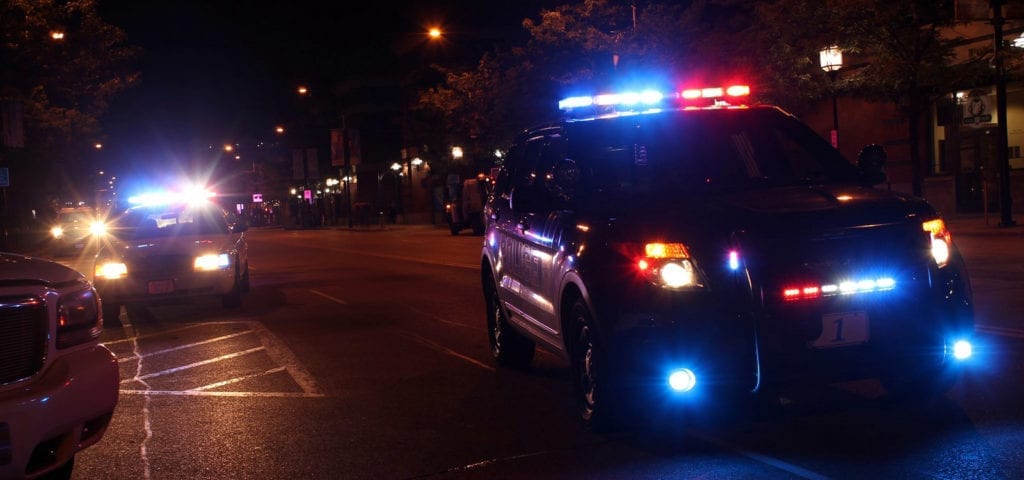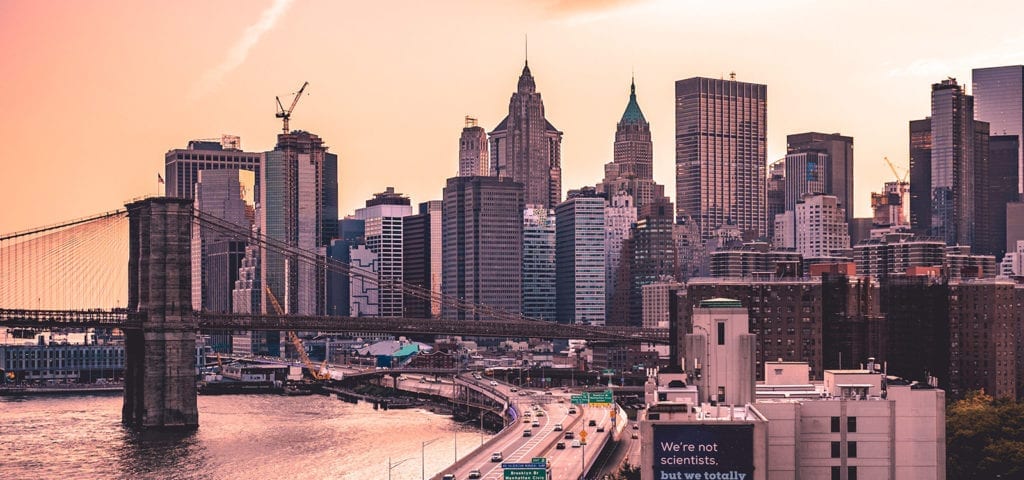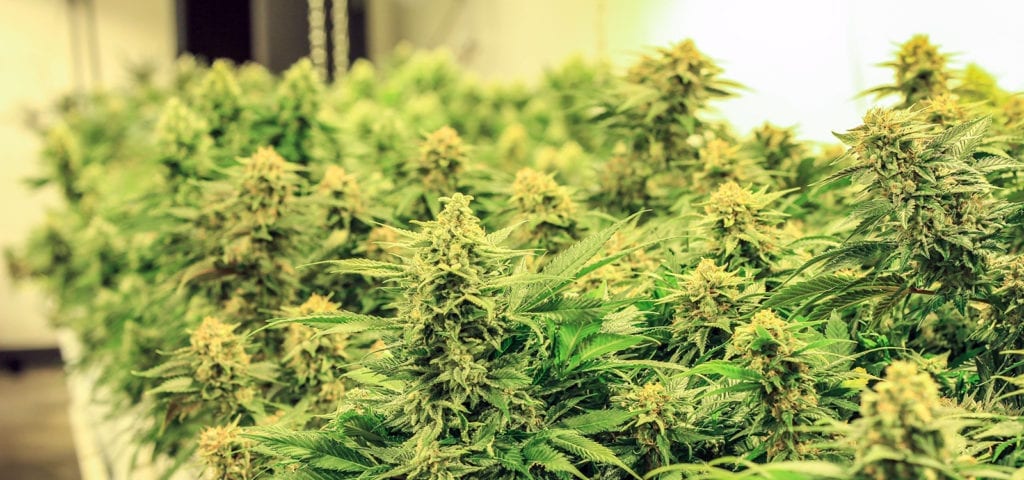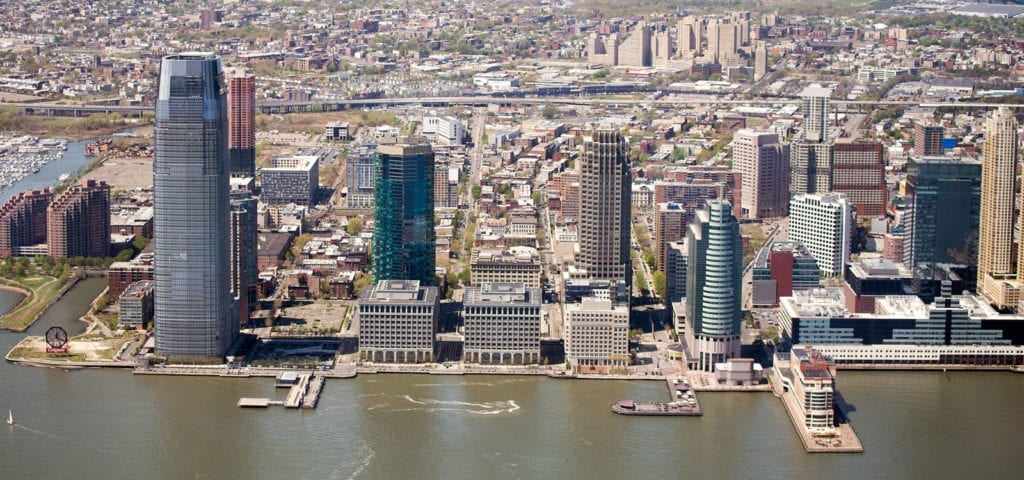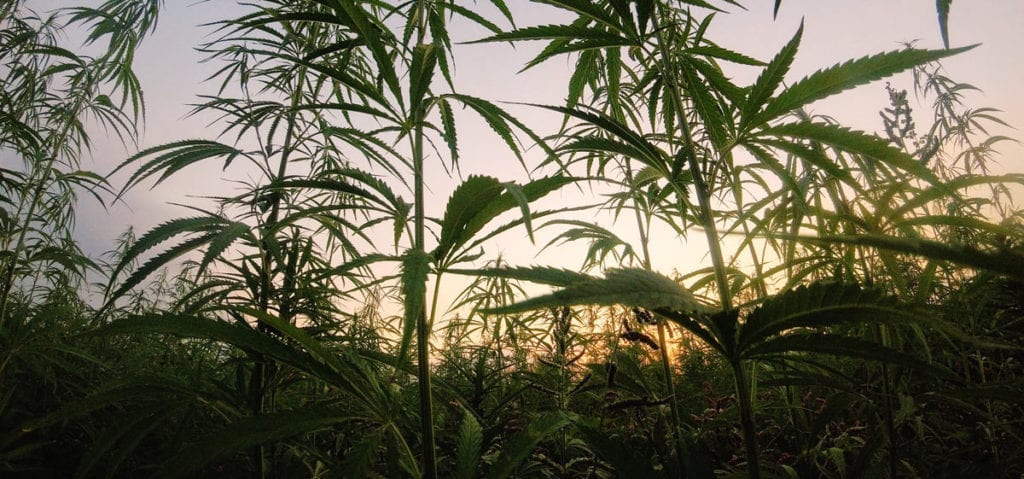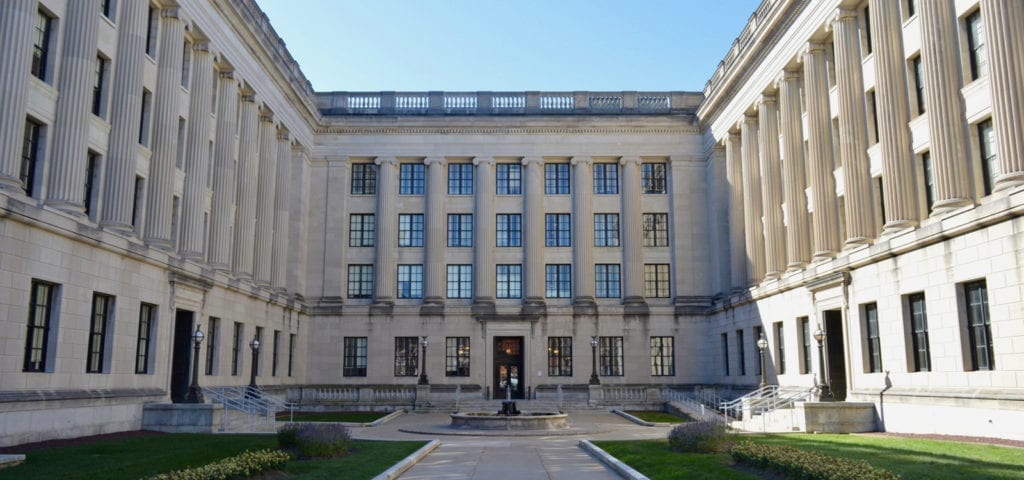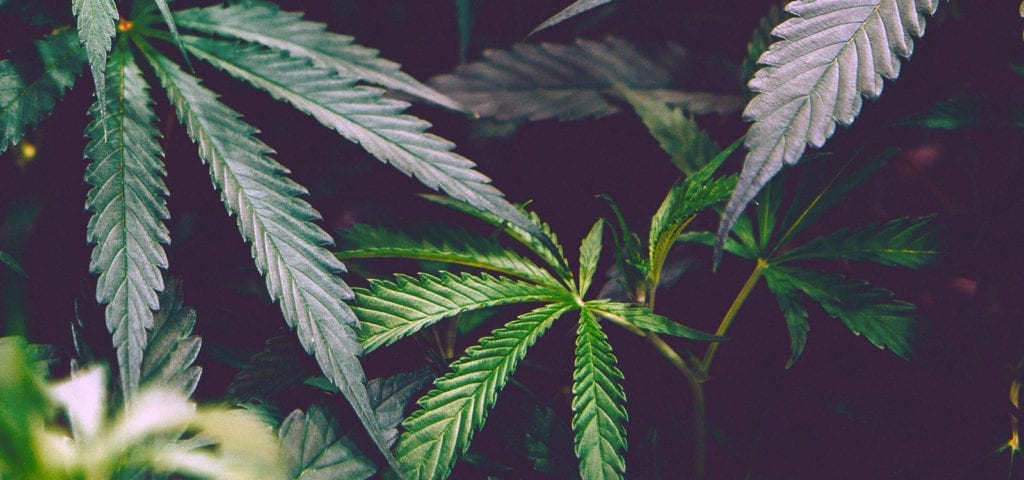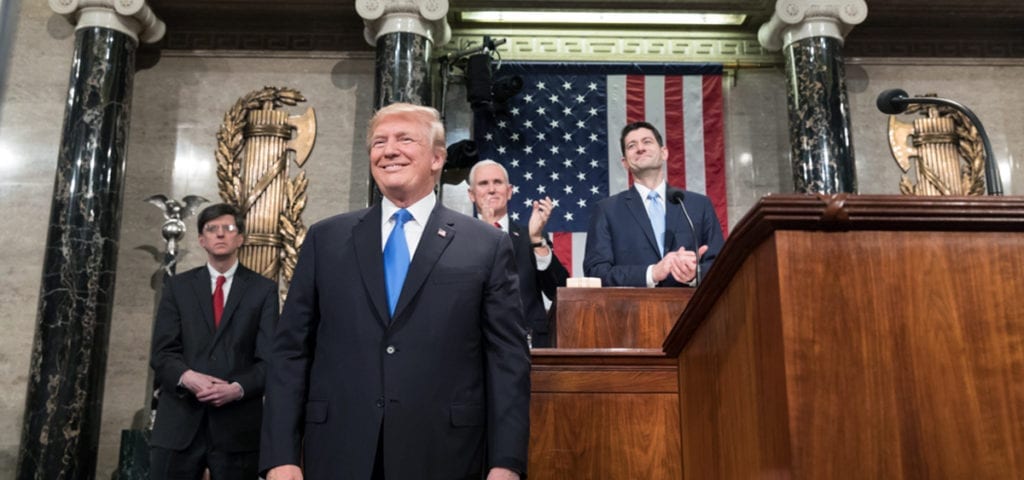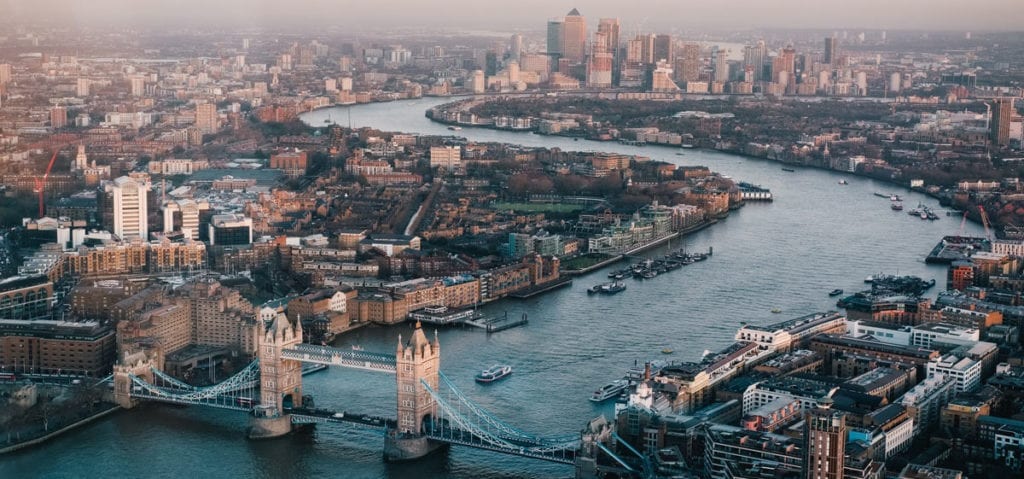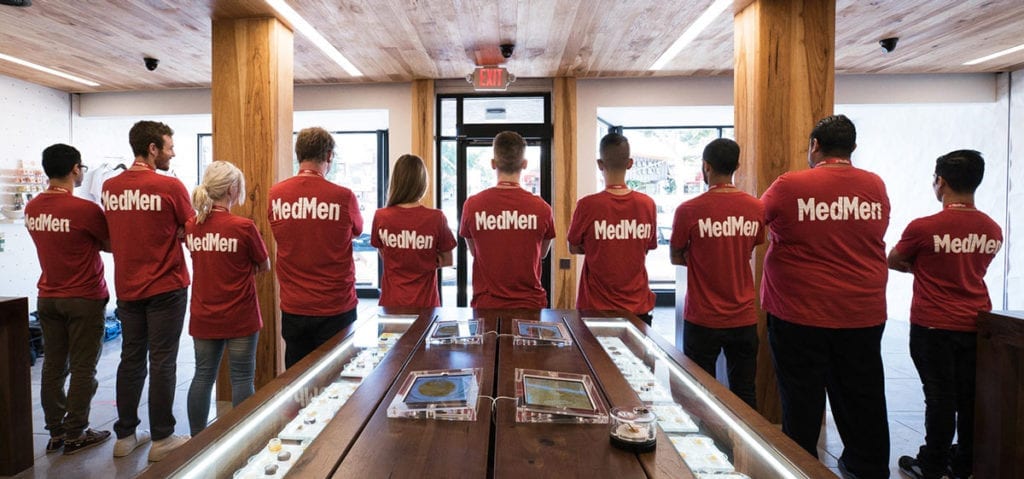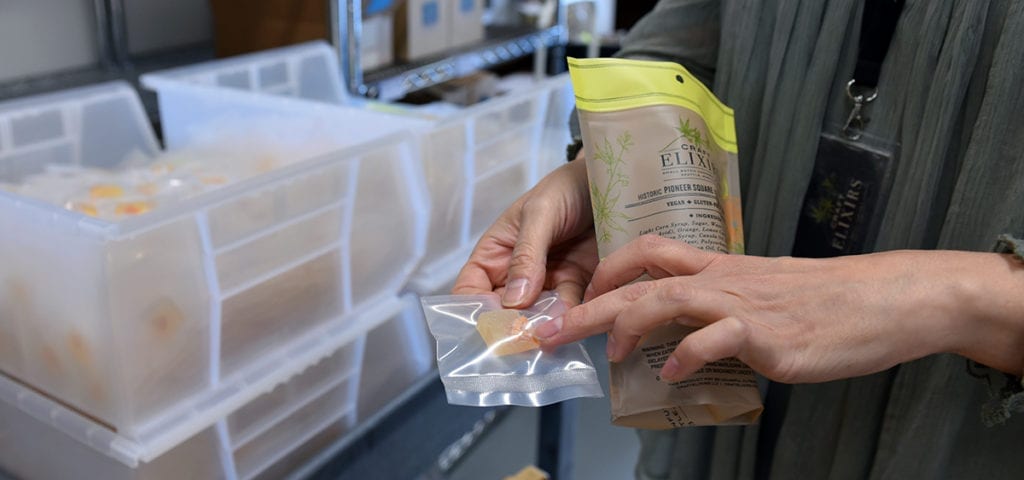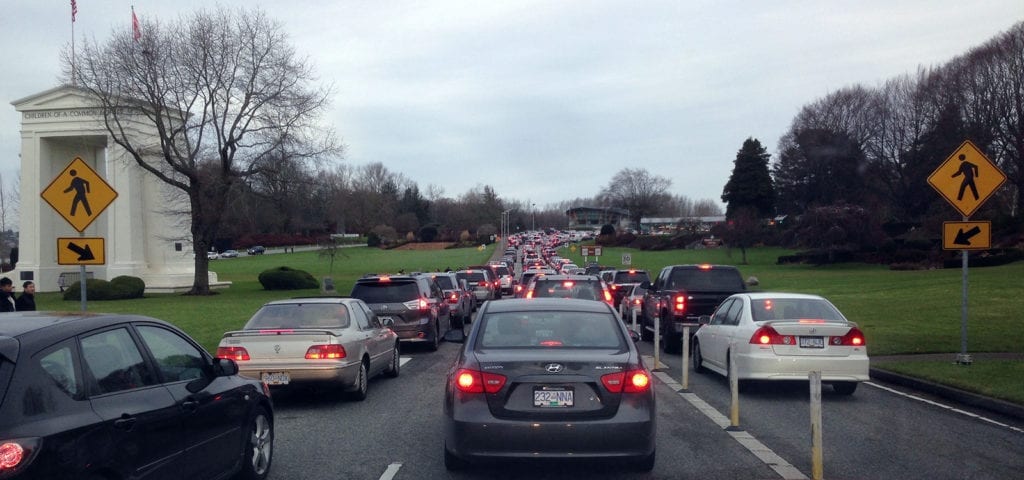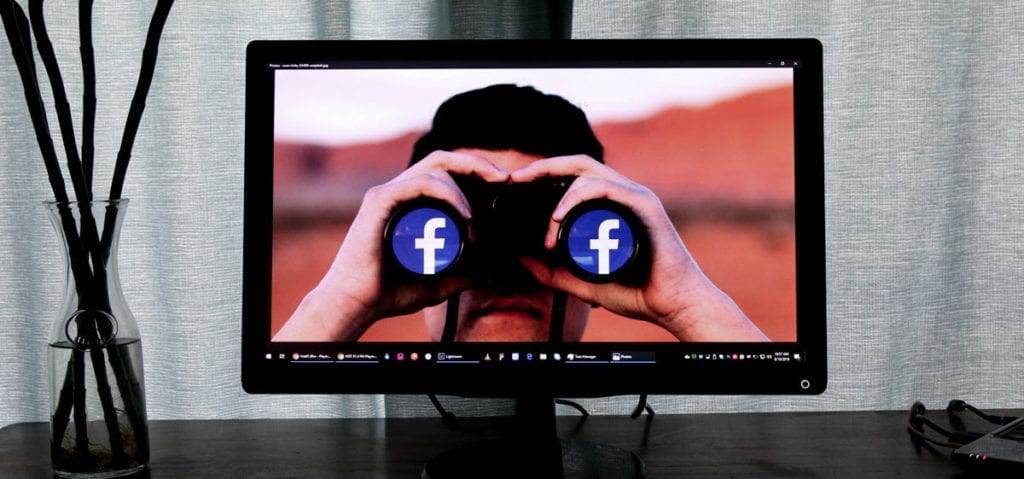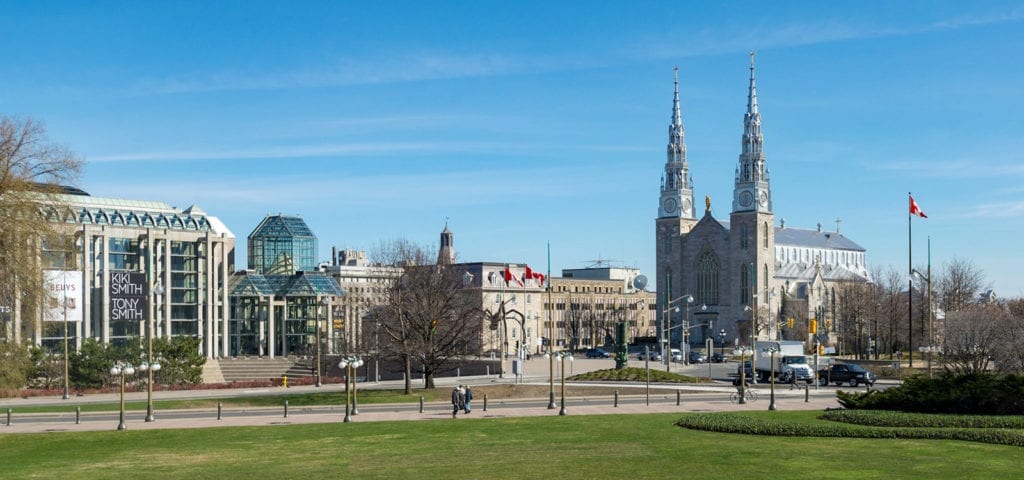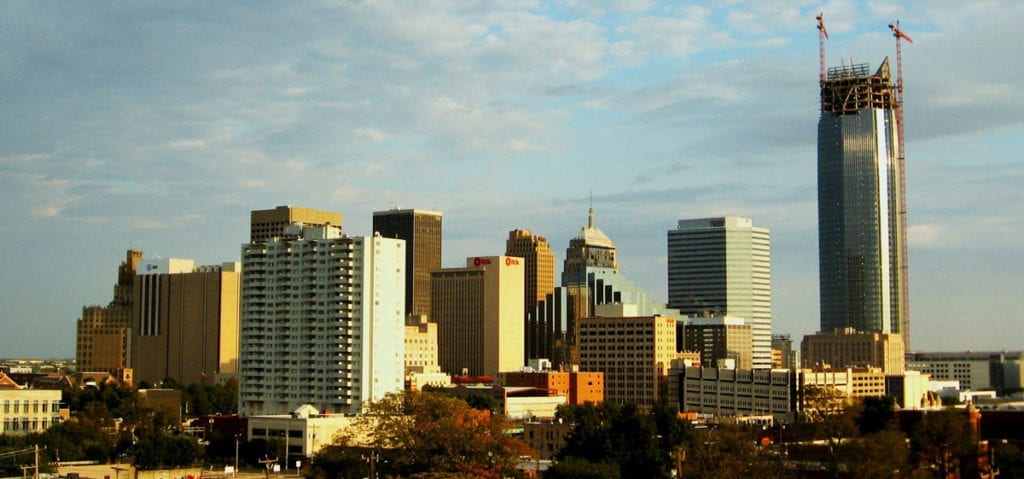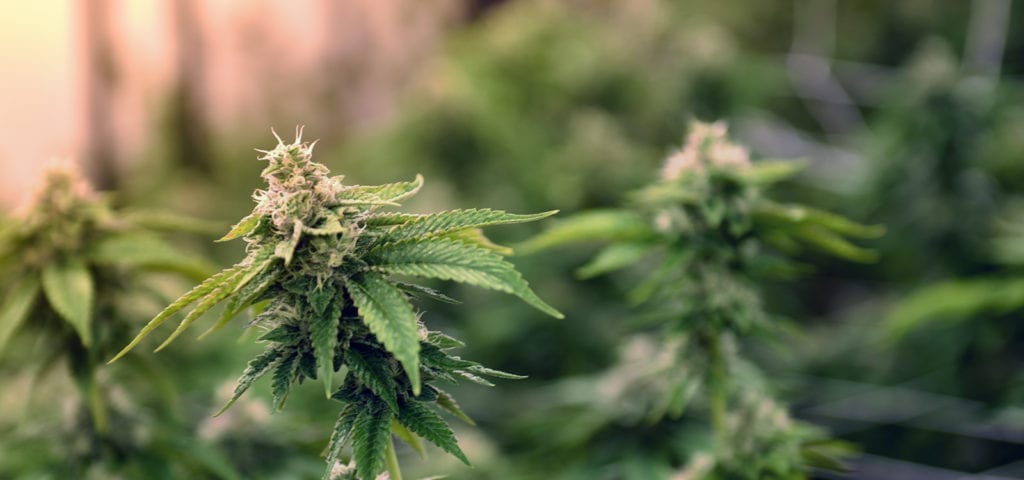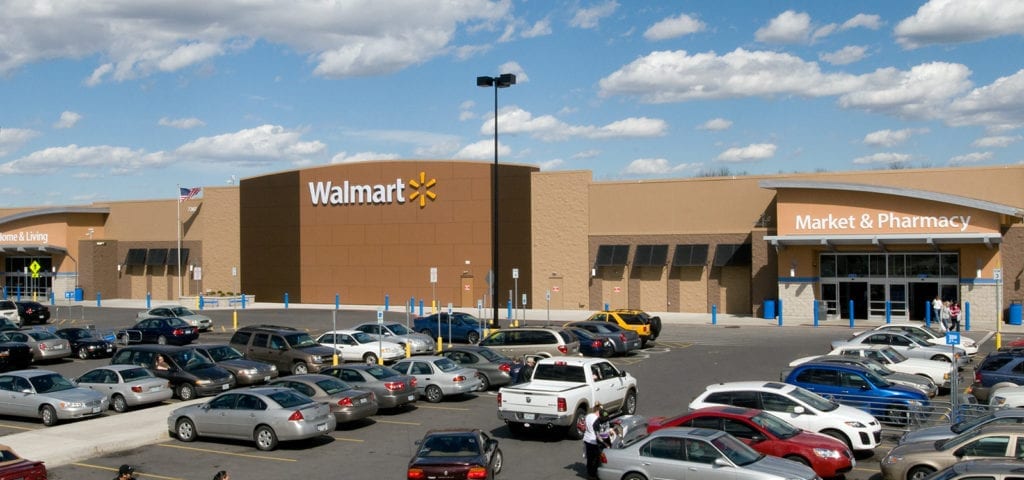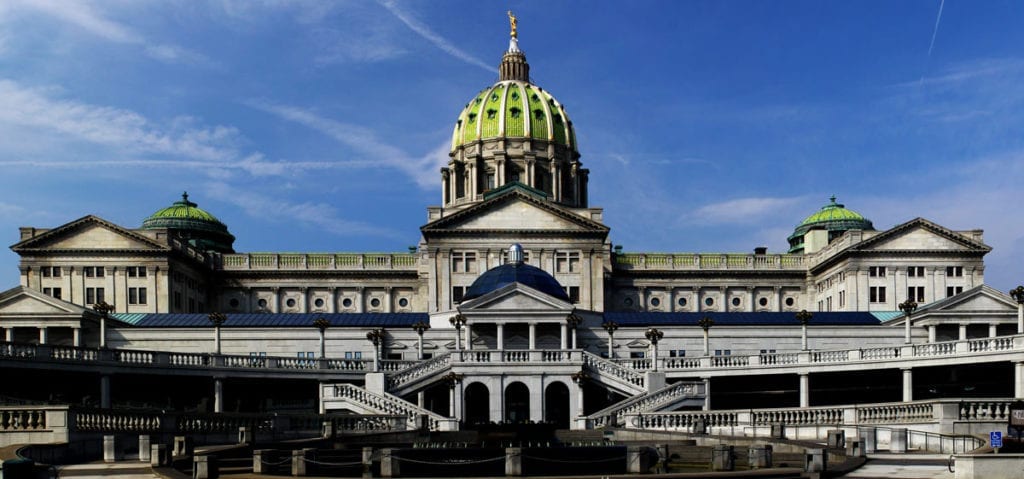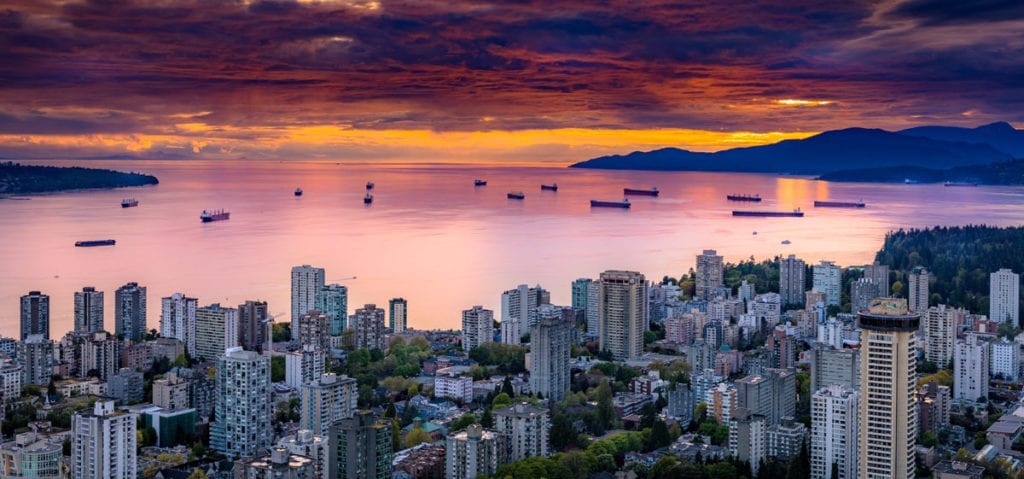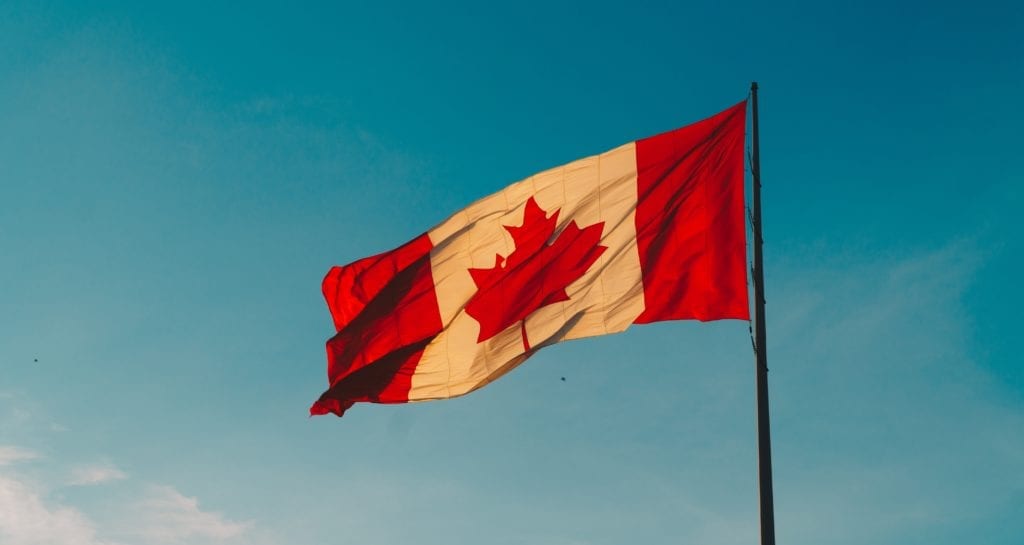
Platform enables cannabis companies to turn existing real estate equity into immediate growth capital
Los Angeles, CA – ReeFi Capital announced today the launch of its Institutional Lending Platform. Backed by private equity capital, ReeFi provides liquidity for the cannabis industry through real estate loans, enabling entrepreneurs and operators to monetize their properties and invest capital into their rapidly-expanding businesses.
ReeFi targets legal cannabis businesses and real estate owners to provide loans collateralized by industrial facilities, greenhouses and dispensaries. Target loans range in size from $2 million to $10 million per property, and ReeFi has the flexibility to close loans within 30 days.
ReeFi is a private lender backed by institutional discretionary capital with underwriting and lending expertise and success across all real estate sectors. ReeFi’s backers have invested more than $5 billion in both real estate debt and equity, including opportunistic ground-up development projects, multifamily and hotel acquisitions, and bridge and mezzanine loans.
For more details about ReeFi’s Institutional Lending Platform, please visit reefi.com. Loans under $2 million will be considered on a deal-by-deal basis. Loans are non-recourse, and are taken on the real estate collateral, not the business or operations. ReeFi loans offer competitive interest rates on 3-5-year loan terms.
As part of this week’s platform launch, ReeFi will be activating as a sponsor at the Dallas Cannabis Investment Forum on October 18, presented by High Times. To stay up to date with ReeFi’s latest news, please visit and like ReeFi’s Facebook page.
About ReeFi Capital:
ReeFi allows legal cannabis companies to extract value from their real estate and reinvest capital into their rapidly expanding business. ReeFi is an institutional lender, providing competitive rates and terms commensurate with the risk. Our backers have invested more than $5 billion in both real estate debt & equity, including opportunistic ground-up development projects, multifamily and hotel acquisitions, and bridge & mezzanine loans. Our disciplined approach to investing has consistently generated outsized gains relative to risk through several real estate cycles. With our proven track record of hundreds of successful transactions and a dedicated growth strategy, we know that we have an approach that works.
End
